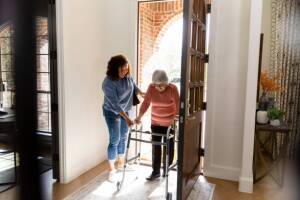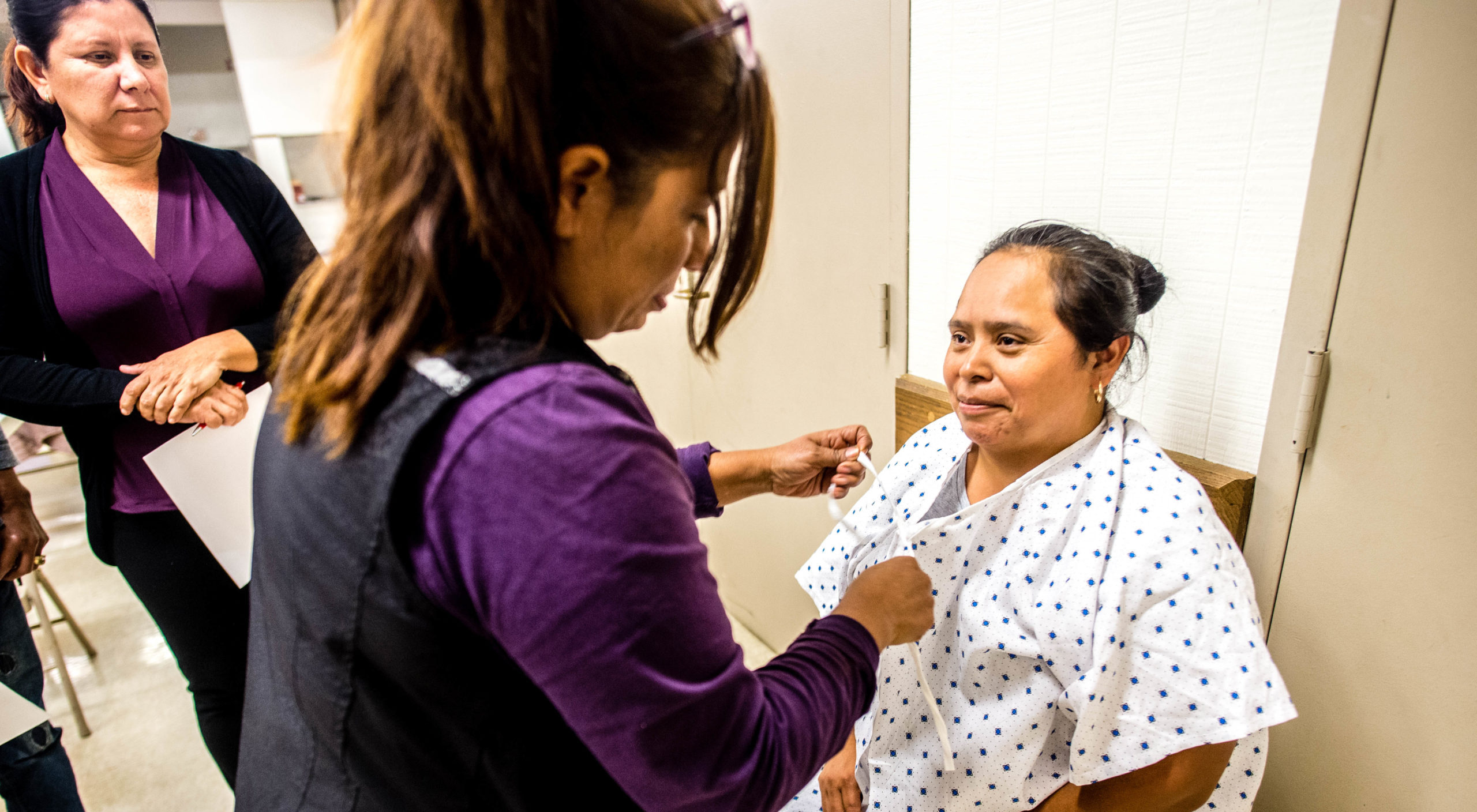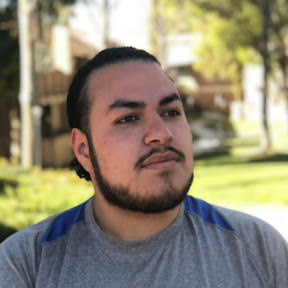Did you know? In California, one in three women is currently a caregiver for a family member or friend with a long-term illness. The vital role of caregiving is dominated by women (predominantly immigrant women), who provide this much-needed service. Caregivers help more than the person they are caring for. Caregivers in homes and skilled nursing facilities also help the overall economy and the broader healthcare system across California.
The Status of Women and Girls in California
This information on caregivers was culled from the 2024 Report on the Status of Women and Girls in California™. The report is researched and compiled every year by the Center for the Advancement of Women at Mount Saint Mary’s University. Their research findings align with similar data from the Center for Caregiver Advancement (CCA), which reveal that:
- 90% of CCA-trained home care workers are women
- 89% of skilled nursing facility workers trained at CCA are women
- 70% of CCA-trained caregivers report they take care of a family member
Examining the Status of Women and Girls Through the Arts
In March 2025, this year’s report from Mount Saint Mary’s was presented at a standing-room-only event at the Skirball Center in Los Angeles. The CCA team attended to learn about the latest research findings on the Status of Women and Girls in California.
The research focus for 2025 is on how women and girls are (or are not) represented in the arts. It is titled, “The Art of Change: Women, Leadership and the Power of Representation.”
Why focus on the arts? Report Statistics Provide Insightful Answers
Women in the Arts:
MUSEUMS: 48% of Museums in the US are directed by women but only 14% of the displayed art is by women.
FILM & TELEVISION: Only 1 in 3 speaking parts in scripts for film and television is a woman. When women work in key positions behind the scenes as writers, producers, or directors, this statistic changes to more women being portrayed onscreen.
The Arts in Education:
SCHOOLS: Only 11% of K-12 schools in California offer courses in all 4 areas of the arts due to a lack of funding or lack of space/time in a crowded curriculum. Yet studies show that children who are exposed to dance, music, theatre, and visual arts perform better academically and have better social skills.
Event Speakers Emphasized How the Arts & Media Portray Women
“The arts shape our economy and play a pivotal role in shaping our identity,” said keynote speaker Krishauna Hines-Gaither, PhD, Vice President for Strategic Initiatives and Partnerships at Mount Saint Mary’s University. “The arts also influence how we see ourselves and exemplify what we value. When we experience the stories of those unlike ourselves, we can begin to bridge our differences, too.”
Dr. Hines-Gaither asked, “What do the arts reveal about the portrayal of women in this state, and how much we value women’s contributions?”
The many esteemed panelists and compelling presentations that followed answered this question in a variety of ways for a very lively, enthusiastic audience.
For details on the research and to view a digital version of the 2025 Report, visit: https://www.msmu.edu/media/website/learning-amp-research-communities/center-for-the-advancement-of-women/MSMU_RSWG_2025_FNL.pdf
For general information about Mount Saint Mary’s University, visit: MSMU.EDU/CAW
Learn more about the Center for Caregiver Advancement, here: https://advancecaregivers.org/our-vision/
Image Credit: Mount Saint Mary’s University










